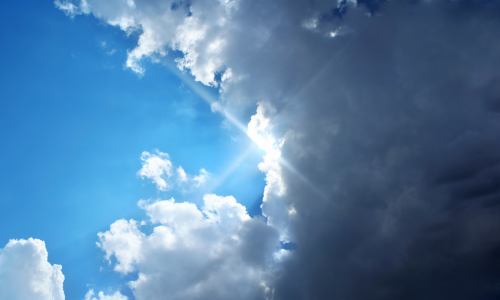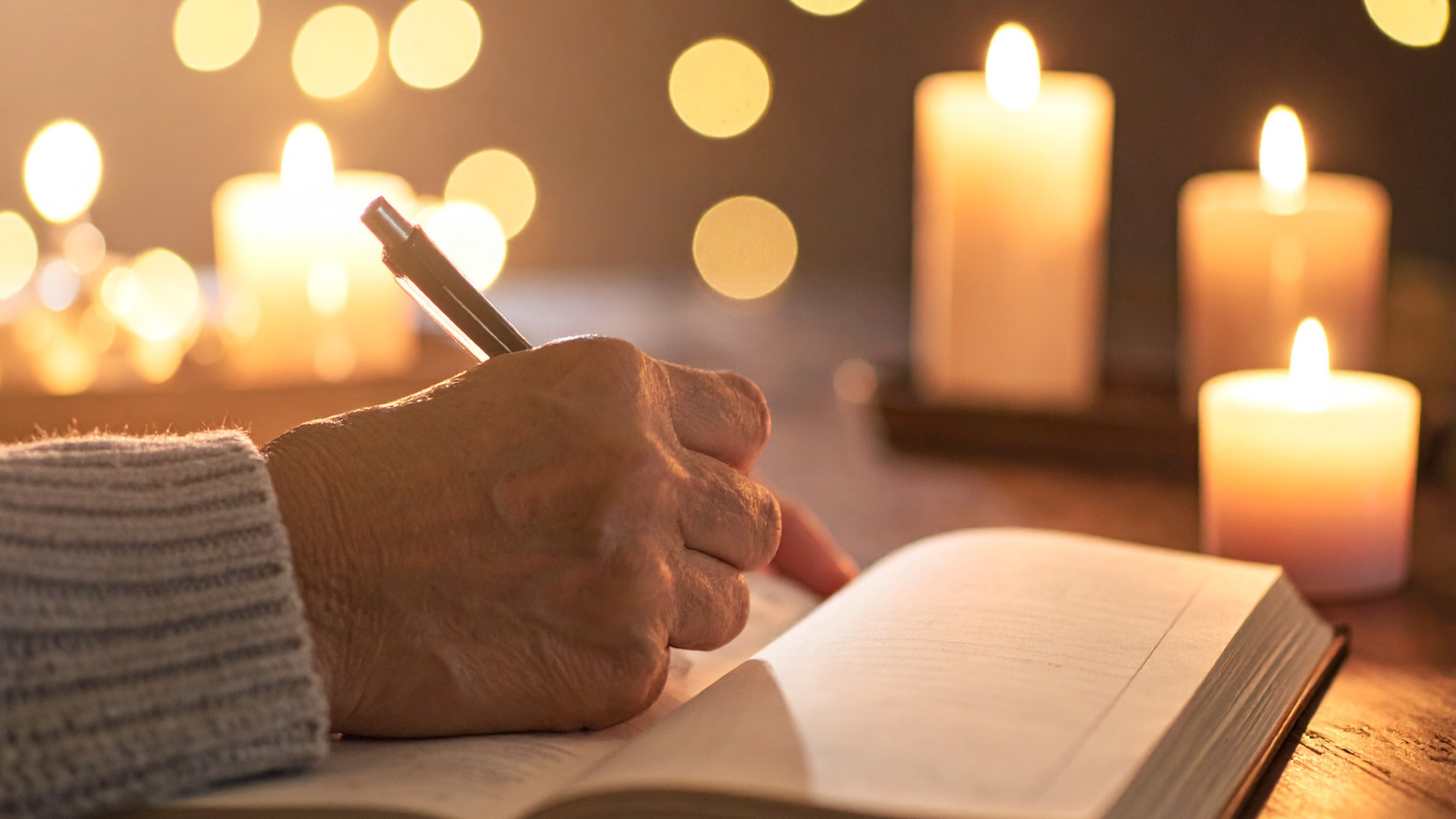We are discussing what the book of Isaiah means when it says in 45:6 “I form the light, and create darkness: I make peace, and create evil: I the LORD do all these things.” Yesterday we established that if we believe what the Bible says about who God is, then we know it is impossible for God to act in a way that is morally evil, because then He would no longer be God. But then the next question to ask is “Does God create harmful events which cause adversity, affliction or disaster?” If so, how can He also be good?
Again, we go back to our basic Bible concepts. For example, we know from studying the nature and character of God, that He is love and everything He created was good. The Bible says:
“Every good gift and every perfect gift is from above, and comes down from the Father of lights, with whom there is no variation or shadow of turning.”
James 1:17
So is God saying that He is good even if He creates evil? We’ve already discussed how it is impossible for God to act in a way that is morally evil, right? But does He create harmful events which cause adversity, affliction or disaster? This is a tough question, and I won’t pretend to have an ultimately satisfying answer. But God gives us Biblical truths which provide some insight.
First, you will recall that in a previous series of devotionals, we discussed God’s purpose for pain. It is a way to help us survive in a fallen world which was set on a path of destruction by humanity—NOT by God. This principle is also helpful for our understanding of this scripture.
God created a perfect world. He didn’t create us for pain and death—but rather, for life with Him.
According to the Bible, all of humanity chooses sin and separation from a life without Him. When we chose sin, we also chose pain and death. And so God chose to redeem us through the death of His own son. We chose sin and death; and Jesus chose IMMEASURABLE pain for Himself in order to reconcile us to Himself—the giver of life. Did God create the cruel death on the cross for Himself? No, humans carried out the death sentence of Jesus but—He allowed it in order to satisfy His justice and provide salvation for all of humanity.
The second principle to remember is the purpose for which we were created. We were created for God’s glory. Living for God’s glory gives us our best life. Even after we are born again, our rebel-flesh wants what it wants, and God often allows us to make ourselves sick on the poisonous ice cream of sin so we may learn that He is the only source of all goodness. Or, sometimes God creates the storm to remind us to be poor in spirit and sustain our healthy attitude of utter dependence upon Him.
What kind of adults would we be today if our parents had not allowed us to suffer adversity? Where would we be if we had not been forced to split that rick of wood, walk home in the rain, or encounter obstacles to strengthen our character and resolve? Whether God creates a calamity or whether He allows us to create our own disaster—the way through it is a great opportunity—to glorify God. The darker the darkness, the greater the light shines. The tougher the battle, the greater the victory. The bigger the enemy, the more we see God’s mighty miraculous delivery.
And on the flip side—the more I live close to God, the more I am 100% certain that—there are FAR more disasters He PREVENTS than what He ALLOWS.
In fact, I often thank God for all the things that are going right in my life—even when it seems like MANY things are going wrong. When I’m not living according to God’s will, the most loving thing He can do for me is to correct my course so I am drawn back into the goodness of His presence. The Bible is full of examples of how God used disaster to discipline His people when they turned their backs on Him and refused to repent. For example, God said:
“Because My people have forgotten Me, they have burned incense to worthless idols. And they have caused themselves to stumble in their ways, from the ancient paths, to walk in pathways and not on a highway, to make their land desolate and a perpetual hissing; everyone who passes by it will be astonished and shake his head. I will scatter them as with an east wind before the enemy; I will show them the back and not the face In the day of their calamity.”
Jeremiah 18:15-17
Finally, we must remember that despite disasters—God is sovereign. Why does this matter? Because it gives us great hope. His dominion over all things good and bad—over success and calamity—is cause for GREAT hope in the lives of believers. When we are walking close to Him, we can trust and “know that God causes everything to work together for the good of those who love God and are called according to His purpose for them.” Romans 8:28
God is not primarily concerned with our fleshly comfort; He is concerned with satisfying our soul through bringing glory to Him. God is more concerned with our character than our comfort. The more we develop the BE-Attitudes of Jesus, the better we are able to place each calamity in His eternal perspective. Some of our experiences may be disastrous, but God promises to work them all—even “evil,” adversity, and affliction—for our ultimate benefit.
As a final thought, remember that “evil” is not something that is created, because to “create” means it is “original.” Rather, evil is simply a perversion of the existing good that God created. He allows it and uses it to work together and accomplish His glory. In fact, the greatest gift of earth, our eternal salvation, was accomplished through God allowing His only Son to die a wicked and unjust death on a cross. The enemy set evil in motion by perverting God’s goodness. Humanity followed suit.









4 Responses
Amen 🙏
God is good all the time.
I think this is a wonderful lesson. There have been so many times that I said, “God, why?” I should have been saying, “How can I correct my steps.”
There are so many things He created for good that Satan and man have perverted and abused. The. we ask, “God why are YOU doing this to me?” The correct is answer is “He is not.”
Amen brother!